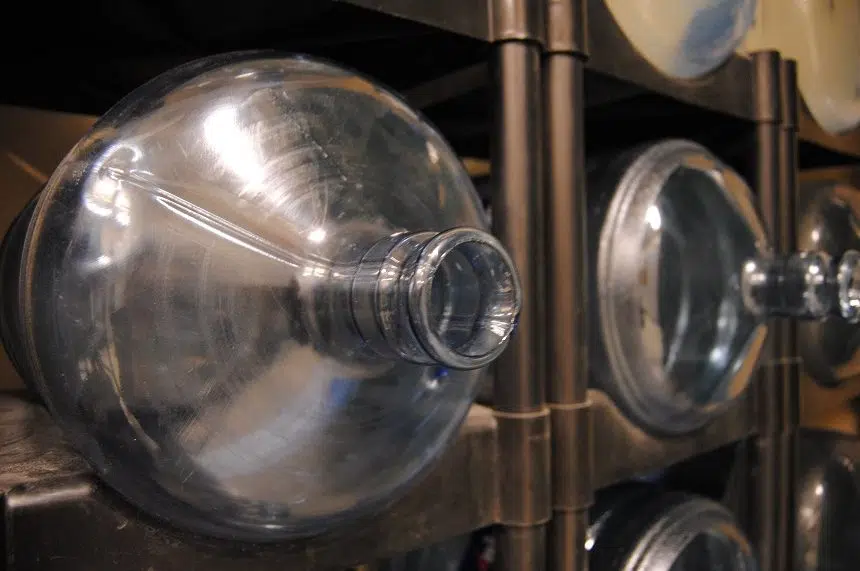Rural Saskatchewan has been struggling for years, with small towns trying to stay afloat as people move away.
Many towns are trying to keep the residents they have and lure new ones, but that’s especially hard when they can’t drink the water out of their taps.
Nearly 20 communities in Saskatchewan are currently under long-term drinking water advisories, and for years people have had to boil the water from their taps before drinking or cooking with it. Most communities are saying they’ve been working to get out from under the advisories, but can’t get together the money to do it.
READ MORE:
- Government puts responsibility on locals
- Sask. settlement under water advisory for nearly 18 years
- Thousands stuck under drinking water advisories for years in Sask.
Ray Orb agrees that drinking water is big — he’s the president of the Saskatchewan Association of Rural Municipalities (SARM).
He said the association is very interested in drinking water, as it’s the No. 1 priority for retaining and attracting new people.
“It’s a big issue for us. It’s one we flagged, oh I’m thinking … almost 10 years now we’ve been concerned about that,” he said.
In 2017, the association went through a pilot project which treated drinking water at the point of entry or point of use in the home. Orb said the results of the pilot didn’t turn out very well because the results were skewed, but the association still believes the systems would work for some communities.
Orb explained point-of-use systems are cheaper than overhauling an entire water system, so those systems would be easier to obtain for smaller communities with limited funds.
“Let’s face it, if you have a hamlet, they can’t afford to put an RO (reverse osmosis) system in the whole community, but maybe they just need to treat the drinking water and they can save a lot of money that way,” said Orb.
He said the association wants to put the systems in communities to fix their water problems, saying it would be a perfect fit for some. But the provincial government needs to say it wants to do this, and Orb said he hasn’t received an answer yet.
SARM has been having meetings with the Water Security Agency, and Orb said he has a meeting scheduled with Environment Minister Dustin Duncan in the next few weeks. Orb said this potential program is on the agenda.
SUMA searching for solutions as well
Water is one of the three major issues facing Saskatchewan communities, according to the president of the Saskatchewan Urban Municipalities Association (SUMA).
Gordon Barnhart said being under long-term water advisories is frustrating. While many of these towns are small, Barnhart said they’re also people’s hometowns, and they’re near and dear.
“SUMA is working very hard to try and make sure that we can have services that are provided to those people and that they can continue to live in those communities in a safe and enjoyable way,” he said.
Barnhart said he’s working with the provincial government on water, and while he recognizes the province is trying to build its budget, he said he’s been telling ministers that more money needs to be put toward the problem.
“I appreciate that it’s going to take a lot of money to do this, but there is certainly a need all across Saskatchewan,” he said.
But Barnhart has also been looking for more economical solutions that don’t just mean siphoning money into every village and town — solutions like regional co-operation.
“If there are two or three towns or villages close by, why not share a water treatment plant and, if the distances aren’t too great, pipe either the water or the sewage?” said Barnhart.
Barnhart represents the town of Saltcoats, which is not under a water advisory but did recently get infrastructure money from the federal and provincial governments. He said that town is looking at maybe piping its water to smaller communities once the systems are upgraded.
When it comes to getting these things done and the water problems solved, Barnhart said he couldn’t speak to what political will there might be in the provincial government, but he did say it’s a high priority for SUMA.
Barnhart said he’d like to be able to find solutions within communities, but would also like support from the provincial government.
Editor’s Note: This story has been updated to include SUMA’s comments on the issue.







